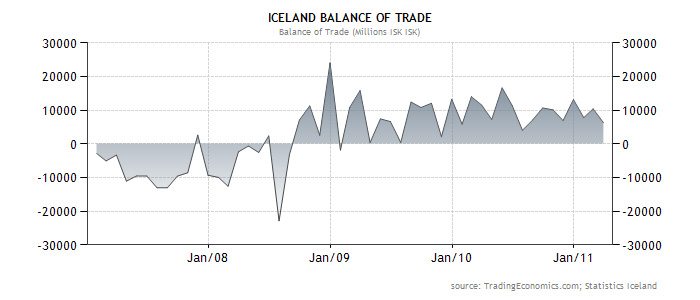eytonxav
Give me a museum and I'll fill it. (Picasso) Give me a forum ...
Potential for some more international economic chaos:
Athens Mulls Plans for New Currency: Greece Considers Exit from Euro Zone - SPIEGEL ONLINE - News - International
Athens Mulls Plans for New Currency: Greece Considers Exit from Euro Zone - SPIEGEL ONLINE - News - International


